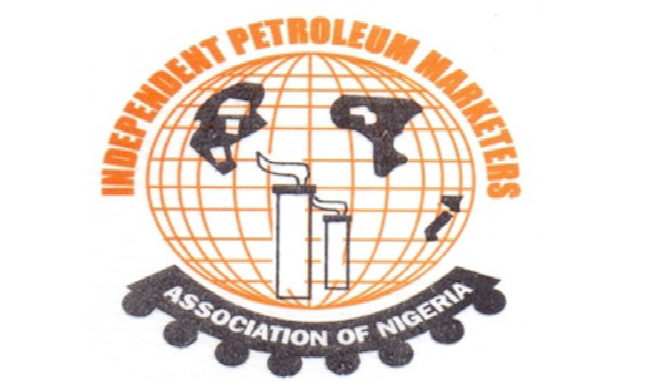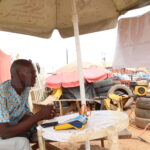The Independent Petroleum Marketers Association of Nigeria (IPMAN) has stated that, the business of its members is extremely under pressure since the removal of the petrol subsidy.
National President of the association, Chinedu Okoronkwo, stated this while speaking at a public hearing before the House of Representatives Ad-hoc Committee investigating the recent hike of petrol pump price on Tuesday.
According to him, in Ibadan, Oyo State, alone, over 40 members have put up their filling stations up for sale adding that, hundreds of others in other parts of the country are doing the same because of the hard business environment.
He said many members who sold a truck in three days now sell the same quantity for a month.
Umahi asked to ‘take a bow’ as Senate resumes ministerial screening
Tribunal reserves judgement in petition against Tinubu’s victory
Okoronkwo said a truck is about N25 million, out of which they don’t make a N500,000 profit, adding that the gain is not enough to pay workers’ salaries and take care of other demands like taxes.
The IPMAN chairman lamented that the defunct Petroleum Equilisation Fund (PEF) and the Nigeria National Petroleum Corporation Limited (NNPCL) are holding on to N750 billion equilisation money owed to its members.
According to the chairman, while PEF is holding on to N250 billion, the NNPCL is holding on to N500 billion.
IPMAN however advised government to set up structures to encourage the use of Compressed Natural Gas (CNG) as an alternative.
According to him, Nigeria should utilise the abundant gas which is being flared annually as a viable alternative energy source to fuel vehicles.
Earlier in his remark, Chairman of the Ad-hoc Committee, Babajimi Benson said, the Ad-hoc Committee was set up to investigate the circumstances surrounding the increase of the pump price from N537 to N617.
“Petroleum is unarguably the lifeline of the Nigerian economy and any increase in its price will undoubtedly result in ripple effect on price of goods and services especially food stuff.
“Statistics show that Nigerians spend an average of 80% of their incomes on food alone. This is why we fear that this recent increase will further push Nigerians deeper below the poverty line.
“This committee is confident that government mean well for Nigerians and have its justification for this action. This is what we want to hear at this investigative hearing. Nigerians need to understand the rationale behind this action,” he said.

 Join Daily Trust WhatsApp Community For Quick Access To News and Happenings Around You.
Join Daily Trust WhatsApp Community For Quick Access To News and Happenings Around You.


